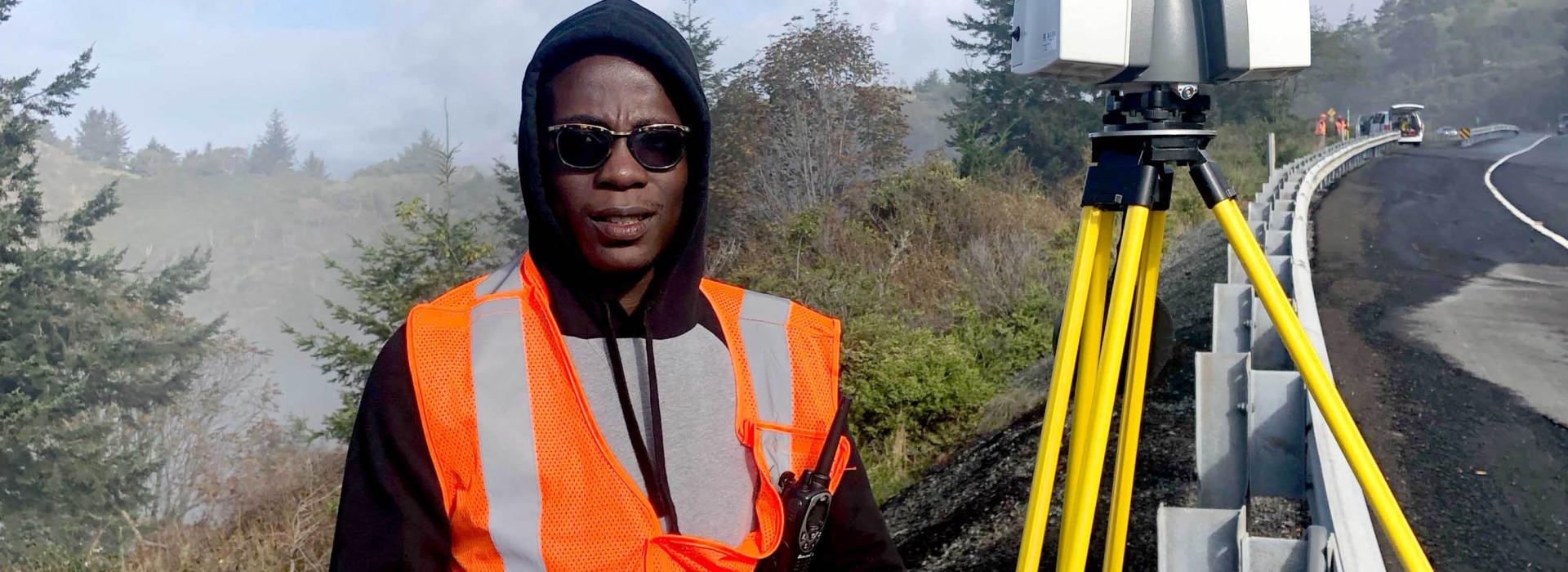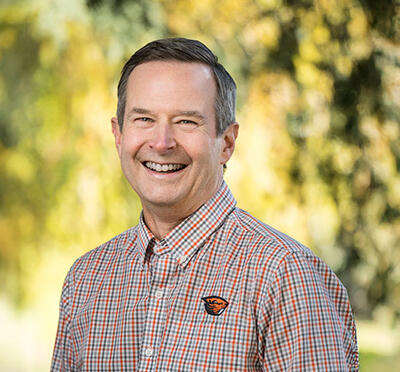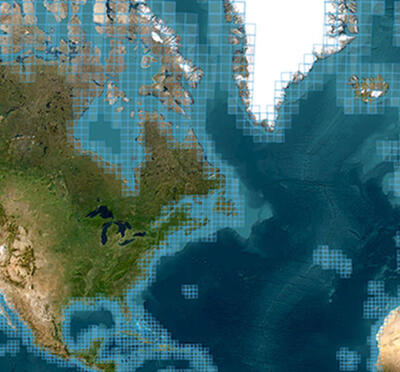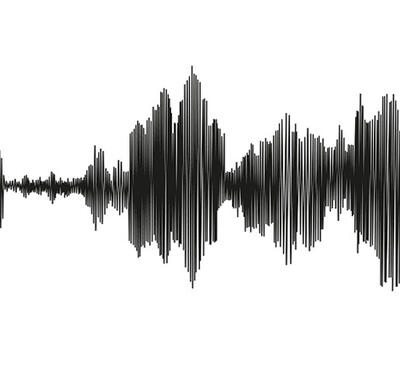Caleb Ogbeta recently won the 2023 NV5 National Society for Black Engineers scholarship award. A doctoral candidate in civil engineering, Ogbeta came to Oregon State in 2022 after completing his master’s degree in surveying and geoinformatics engineering at the University of Lagos, in Nigeria.
Ogbeta was one of just 10 students nationwide to receive the NV5 scholarship, with selection based on recommendations from faculty, personal essays, and community contributions.
“It’s beautiful. It was big congratulations from the engineering field,” Ogbeta said. “I’m grateful for my time here at Oregon State with the geomatics program, and the scholarship is another steppingstone for me.”
The National Society of Black Engineers, now an international organization with student chapters worldwide, aims “to increase the number of culturally responsible Black engineers who excel academically, succeed professionally, and positively impact the community.” Ogbeta contributes to this mission through his research and extracurricular involvement.
“I am privileged to be studying civil engineering with a community I feel involved in and engaged with,” Ogbeta said. He plans to become even more involved with NSBE by working with local K-12 students. “I’m looking forward to mentoring young, Black engineers. I want to be out there as a role model.”
Through his research, Ogbeta studies how remote sensing in 3D laser scanning can be used to assess Americans with Disabilities Act compliance. Specifically, he analyzes the slope of curb ramps and sidewalks with lidar, a light detection and ranging system, that uses lasers, mounted onto a vehicle, tripod or an iPhone.
As a geomatics scholar with a targeted interest in lidar, Ogbeta reached out to Michael Olsen, the CH2M HILL Professor of Geomatics, when looking for Ph.D. programs. Olsen is now Ogbeta’s advisor, and he led Ogbeta’s first course in lidar, covering methods of scanning and imaging.
“Coming here, my main goal was to acquire skills in geomatics and go back home to support Nigeria — and Africa in general — because there is a gap in lidar experts in the area, especially in my field.”
A key aspect of the disparity, Ogbeta says, is limited access to “behind the scenes” components of lidar. He plans to narrow that gap by setting up a private research station capable of training specialists in the area and fostering international collaboration in lidar research.
In addition to field applications of lidar, Ogbeta is researching the technology’s software. He’s working to increase the efficiency and accuracy of point cloud coordinate transformations (converting lidar data from one coordinate system to another).
Ogbeta presented his research in June at the 2024 UESI Surveying and Geomatics conference in Corvallis.



